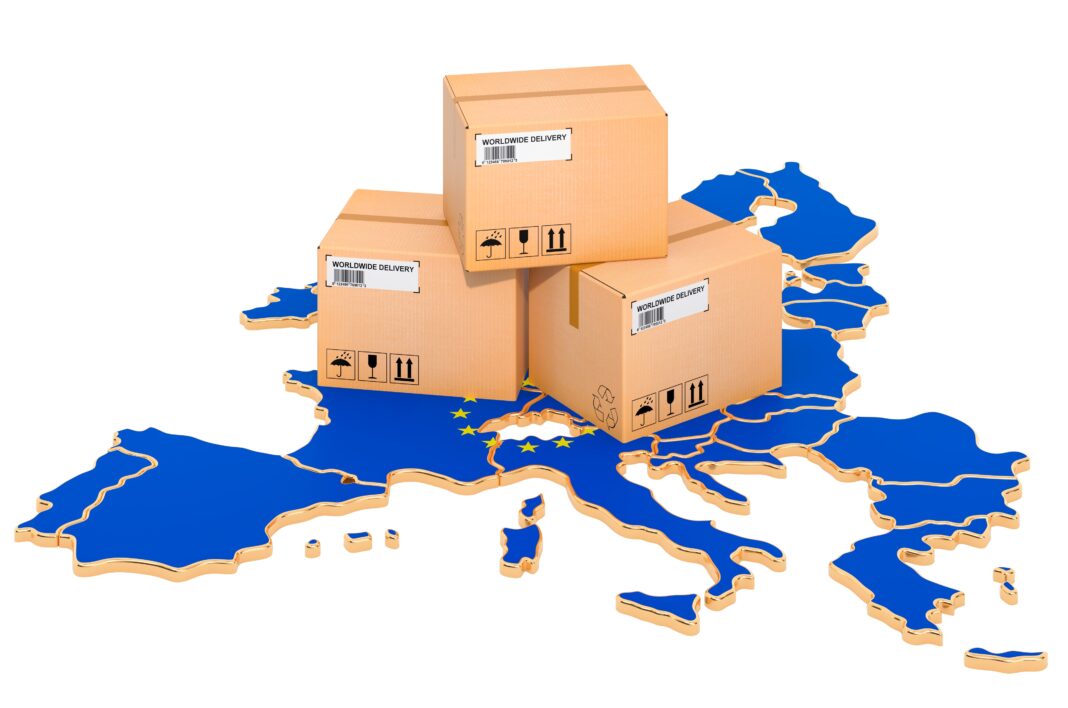The European Union’s largest member state is reversing its total commitment to the EUDR…with Olaf Scholz, Germany’s Chancellor, raising alarm at the new rules, dubbed by the European People’s Party (EPP)—Europe’s largest single political party—a “bureaucratic monster.”
Wood Central understands that Germany’s concerns—echoed by China and the United States, the world’s largest forest economies—centre on tracking the origins of forest products (for example, a piece of timber or a ream of paper) back to thousands of forest plots.
“To be clear: The regulation must be practicable,” Chancellor Scholz told German-based newspaper lobby BDZV, who has now personally asked the European Commission President, Ursula von der Leyen, a former German defence minister, to put the EUDR – Europe’s signature deforestation regulation – on ice.
Chancellor Scholz’s push is the first time a major European leader has pressured the European Commission to delay the rules, which were set to come into effect on December 30, 2024. It comes after Peter Liese, EPP’s environmental spokesperson, said the EUDR was a trainwreck and “the fault of the greens, socialists, leftists and…French Liberals.”

Already, the new rules have unified China, the world’s largest consumer (and manufacturer) of forest products, and the United States, the largest producer, who both oppose the “non-tariff trade barrier.” Their discontent comes after twenty (out of 27) European Agricultural Ministers called for rules to be delayed amid concerns over global supply chains, echoing warnings from government officials in Australia, New Zealand, India, Brazil, Indonesia and Malaysia.
The new law, formed after a pledge made at the COP26 climate conference, has been slammed for creating up to $2.5 billion in compliance red tape and not giving those impacted, including millions of Vietnamese smallholders, time to prepare. In turn, this has led global analysts to learn that the new regulation could put more than $110 billion in annual trade between Europe and the six continents at risk.
In its current form, “the EUDR represents a major threat to the production of printed products for the general public, but also to press products, election documents, technical documentation, labels, and packaging, which are all part of critical infrastructure,” BDZN warns.

Last month, Wood Central reported that the new rules could breach European laws – in particular, the Treaty on the Functioning of the European Union (TFEU), Article 191, paragraph 2, with a legal expert explaining that “the EUDR violates EU law by splitting the single market into multiple markets and classifying EU countries into risk categories.”
Why are pulp and paper vulnerable under the EUDR?
More than 6 million tonnes of pulp are imported into the European Union every year, leading to fears that the paper and board industries are amongst the most exposed and unprepared for the EUDR – causing supply shortages and price hikes across supply chains. As a result, a large share of trade that currently enters the EU could be traded through Asia instead, “leading to an unintended increase in the use of high-deforestation-risk pulp and paper outside Europe.”
That is according to a report published by Fast Markets, showing that Europe’s reliance on imported bleached hardwood kraft (BHK) and bleached softwood kraft (BSK)—used to produce paper and board products—is triggering uncertainty among European importers.
“At first glance, the issue may not appear overly complex, considering Europe has a surplus of net trade in pulp,” Fast Markets said. “Out of all the pulp used for paper production in Europe, 60% is integrated and 40% is market pulp.” However, “the challenge lies with the pulp segment.”
Europe relies heavily on imports from Brazil, North America and Chile to make market pulp, with its over-reliance on Brazil imports a red flag “due to the chances of the country being classified as having a high risk of deforestation, leading to even more rigorous compliance requirements.”

As it stands, up to 50% of BHK pulp is imported into the EU, and “given the widespread use of woodchips, BSK producers face greater challenges in complying with the EUDR due to the complexities of tracing fibres back to individual forest plots,” the report said: “Should these imports stop suddenly, there would be a significant decrease in BHK pulp availability in the region.”
Beyond pulp, the new rules could also disrupt graphic paper, with Wood Central reporting that the industry is facing two challenges:
- The first is “difficulties in obtaining enough market pulp at a reasonable price, which could increase production costs and put domestic production at risk.”
- The second “is a potential for disruptions in global trade,” adding that “without changes in domestic demand or capacity, operating rates for European graphic paper could decrease by as much as 11% from our current forecast, putting even more producers at risk.”
No Delay: EU Vows to Push On with EUDR
In July, Wood Central reported that the European Union remained fully committed to rolling out the EUDR after European Environmental Commissioner Virginijus Sinkevicius wrote to the Confederation of European Paper Industries advising that there is no indication that Brussels will delay the starting date.
“We are hearing feedback from some stakeholders that preparation for implementation may be challenging,” Mr Sinkevicius said. “However, we also see encouraging signs in many sectors and countries working to align with EUDR requirements.”
How the EUDR will work
- The regulation will assign regions within countries inside and outside the EU a low, standard, or high-risk level associated with deforestation and forest degradation.
- This risk classification will guide the obligations of various operators and the authorities in member states to perform inspections and controls. Consequently, this will streamline monitoring for high-risk regions and simplify due diligence processes for low-risk regions.
- Authorities responsible for these areas must inspect 9% of operators and traders dealing with products from high-risk regions, 3% from standard-risk areas, and 1% from low-risk regions. This inspection aims to confirm whether they are effectively meeting the obligations stipulated by the regulation.
- Further, these competent authorities will inspect 9% of relevant goods and products either placed on their market, made available, or exported by high-risk regions.
- Lastly, the EU plans to enhance its cooperation with partner countries, focusing primarily on high-risk areas.
For more information, visit Wood Central’s special feature on EUDR and its implications for the global supply chain of forest products from July 2023






